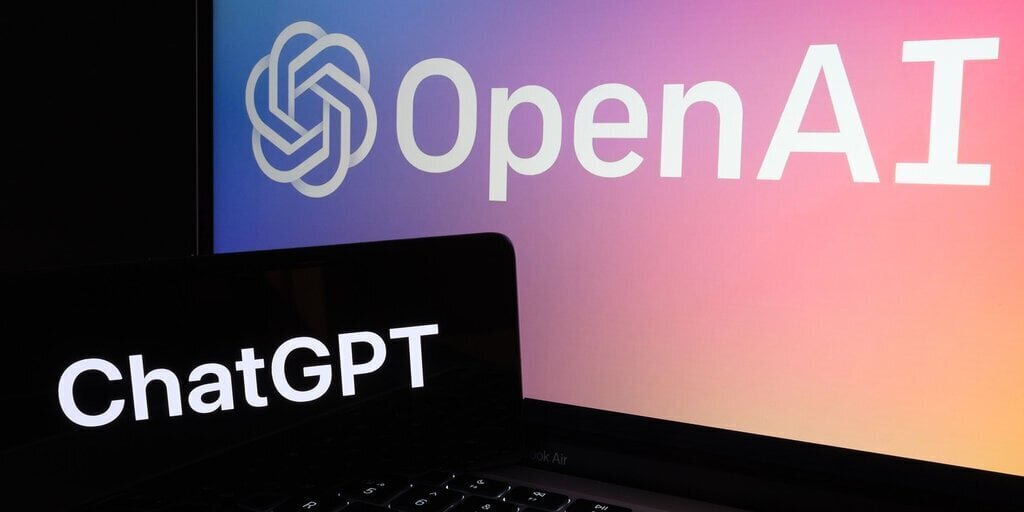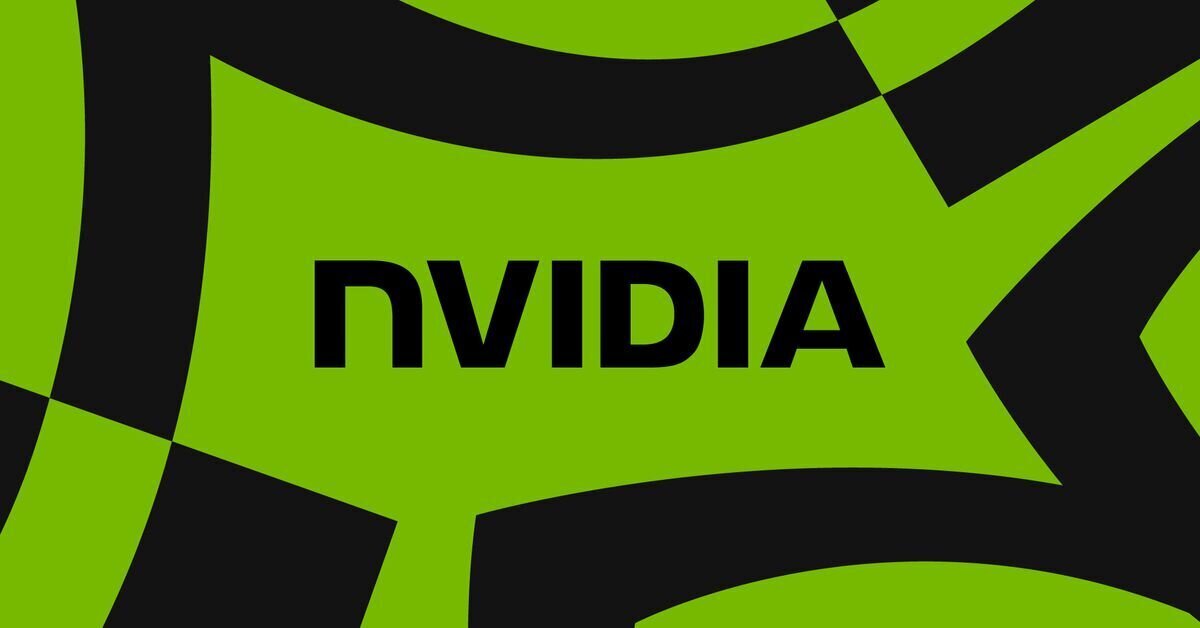Smile’s Innovation Watch #39

Wow, long time no see!
I feel like I’m saying this every couple of weeks / months when I finally find time to send you this extract of our curation work.
In this edition, we will discuss LLM, OpenAI, and Machine Learning A LOT. Apologies in advance, but their impact on so many of our activities makes it difficult not to have a lot to talk about right now.
Innovation, Privacy, and Acquisition are the topics of this edition, including news about Signal considering stopping service in the UK, Mozilla’s latest acquisitions, and Twitter’s revenue being… well, not that good.
Welcome to our innovation watch!
⏳ Reading time: 6 minutes
💡 Innovation

100x Faster Than Wi-Fi: Light-Based Networking Standard Released
Exciting progress in Light Fidelity (Li-Fi) technology! The Institute of Electrical and Electronics Engineers (IEEE) has released a new standard, IEEE 802.11bb, that provides guidelines for Li-Fi use in wireless communication. This step forward could accelerate Li-Fi adoption in various sectors like smart homes, healthcare, and industrial automation. Despite being in early development stages, Li-Fi’s potential for higher data transfer rates, enhanced security, and immunity to electromagnetic interference places it as a promising alternative to traditional Wi-Fi.

New ChatGPT rival, Claude 2, launches for open beta testing
The new chatbot platform, Claude 2, is now live for open beta testing. Developed by computing experts, it features advanced natural language processing and a user-friendly interface. It aims to deliver personalized, intelligent responses, making it a promising tool for businesses and individuals. With the rise of chatbots across industries, Claude 2’s launch is set to challenge the market dominated by ChatGPT. Its advanced features and ease of use could make it a favorite for businesses aiming to enhance customer service and engagement. The open beta testing phase is a great opportunity for users to provide feedback and help refine the platform before the official launch.

Generative AI Could Add $4.4 Trillion a Year to the Global Economy, McKinsey Finds
A recent McKinsey & Company report reveals that generative AI could potentially contribute $4.4 trillion annually to the global economy by 2030. This type of AI, capable of creating human-like content, could significantly enhance efficiency and productivity in sectors like healthcare, finance, and retail. However, the report also cautions about potential misuse, urging policymakers and industry leaders to establish ethical guidelines and regulations for responsible use.
🗽 Privacy & Freedom

OpenAI holding back GPT-4 image features on fears of privacy issues
OpenAI is reportedly withholding the image features of its anticipated GPT-4 language model due to privacy concerns, according to Ars Technica. The fear is that these features could potentially be used for malicious activities such as creating deepfakes or spreading disinformation. If true, this move marks a significant shift in OpenAI’s approach to AI research. The decision could also impact the future development of AI and the responsible use of these technologies.

ChatGPT Users Abused Web Browsing Feature So OpenAI Has Turned It Off
OpenAI has deactivated a feature in its GPT-2 language model that enabled web browsing and social media interactions, following concerns over potential misuse for propagating disinformation and fake news. This decision was made post a series of risk assessment experiments revealing that the feature could produce highly persuasive fake news, potentially manipulating public opinion. To prevent malicious use, OpenAI opted to disable this feature.

Signal president rejects ‘mass surveillance’ U.K. law
Signal, the encrypted messaging app, has decided to discontinue its cooperation with UK law enforcement agencies in providing user data. This decision is in response to UK’s new surveillance laws, which have been labelled as “dangerous and unconstitutional” by Signal’s president. These laws mandate tech companies to grant access to encrypted messages to law enforcement upon request. Signal’s move reflects a growing resistance among tech companies against government surveillance efforts.
💰Ads, Acquisition, Company finances
 ,
,
Mozilla acquires review-checking, scammer-spotting service Fakespot for Firefox
Exciting news! Mozilla, the organization behind the Firefox browser, has acquired Fakespot, a service that uses AI to detect fraudulent online activity. This move is part of Mozilla’s commitment to online privacy, security, and a reliable browsing experience. Soon, Firefox users will have Fakespot integrated into their browser, helping them identify and avoid online scams. This acquisition underscores the vital role of machine learning and AI in combating digital fraud.

Nvidia became a $1 trillion company thanks to the AI boom
Exciting news! Nvidia has achieved a market cap of $1 trillion, making it the world’s most valuable semiconductor company. This milestone is largely due to Nvidia’s dominance in the AI market, with its GPUs being utilized in diverse sectors including self-driving cars, data centers, and gaming. The company’s focus on AI has resulted in a 79% Q1 revenue increase in 2023 from data center sales alone. Nvidia’s CEO, Jensen Huang, is confident that the integration of AI in various industries will continue to fuel Nvidia’s growth.

Twitter struggles with half the ad revenue, massive debt
Twitter reports a 50% drop in ad revenue in Q2 2023 as it struggles to attract advertisers, with many opting for platforms like Facebook and Google. With over $3B in long-term debt, the company’s financial situation is concerning. Despite this, Twitter is innovating with new features like Spaces for live audio conversations and considering a subscription service in an attempt to boost user engagement and financial recovery.
That’s all folks
Did you enjoy it? If so don’t hesitate to share our article or subscribe to our Innovation watch newsletter! You can follow Smile on Twitter & Youtube.